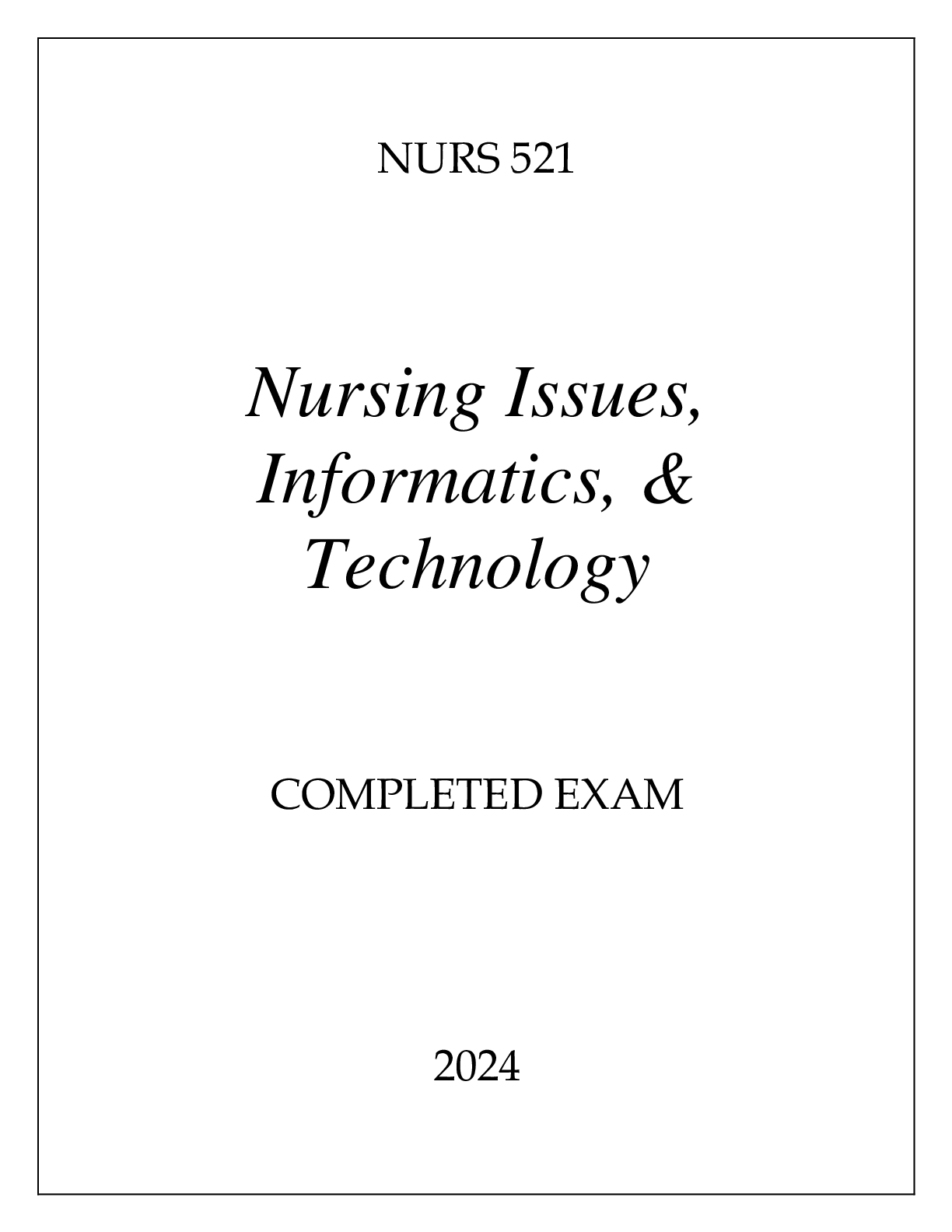air spaces between them = rapid diffusion, long and narrow and are packed with chloroplast the thin tissue of the leaf allows light to reach mesophyll - ANSWER Name three advantages of mesophyll in the leaf
strom
...
air spaces between them = rapid diffusion, long and narrow and are packed with chloroplast the thin tissue of the leaf allows light to reach mesophyll - ANSWER Name three advantages of mesophyll in the leaf
stroma in the fluid filled matrix - ANSWER where does the LIR occur?
100 stacked discs of thylakoids - ANSWER what is the grana?
chlorophyll absorbs light energy, excite electrons, move along carriers etc releasing energy, used to join ADP and pi to form ATP, photolysis of water produces protons electrons oxygen, NADP reduced by electrons - ANSWER describe the light dependent reaction starting with Photolysis
electron is oxidised that reduces NADP, carries out series of redox reactions along the electron transport chain that is then accepted by oxygen that is the terminal electron receptor which oxidises NADPH back to NADP - ANSWER describe the electron transport chain
contain both DNA and RNA so proteins can be manufactured quickly, thylakoid membrane has a large SA for rapid DF and a network of proteins in the Grana to maximise the absorbance of light - ANSWER name three advantages of the structure of a chloraplast
CO2 combines 5 carbon ribulose-bi-phosphate to make 6 carbon molecule that is then catalysed by rubisco to create two 3 phosphate glycerate molecules that are then reduced via NADP and energy from ATP from LDR to triose phosphate that will eventually turn into glucose, NADP reformed and goes back to LDR - ANSWER describe the process of the LIR
phosphorylated glucose is broken down in two 3 carbon molecules called pyruvate (happens in the matrix mitochondria - ANSWER what is glycolysis and where does it happen?
pyruvate is decarboxylated and dehydrogenated to acetate NAD is reduced - ANSWER what happens in the link reaction after Glycolysis?
acetyl coenzyme A combines with oxaloacetate to form citrate which is decarboxylated and dehydrogenated to form 5 carbon molecule which is then dehydrogenated and decarboxylated to form 4 carbon ATP made by substrate-level phosphorylation and FAD is reduced, oxalacetate is then regenerated to restart the cycle - ANSWER what happens in the Krebs Cycle after the link reaction?
H+ from oxidized reduced NAD and FAD, splits into p and e travels down electron transport chain via oxidation-reduction reactions losing energy each carrier used pump p from matrix into intermembrane space creating high concentration forming electrochemical gradient move down into matrix by ATP synthase drives synthesis ATP chemiosmosis, Matriz end transport chain p,e, and o combine form water. o final electron acceptor. - ANSWER what is oxidative phosphorylation?
hydrolysed to glycerol that is phosphorylated into into triose phosphate that becomes glucose and thus glycolysis can occur - ANSWER how does the respiration of lipids occur?
where no oxygen is available to accept the H+ ion and so reduced NAD builds up and cannot take anymore H+ from Glyolysis thus pyruvate is now reduced and produces lactate and oxdidised NAD and produces ethanol in plants - ANSWER what is anaerobic respiration?
the dry weight of the total mass of living material in a specific area at a given time - ANSWER what is biomass?
gross primary production - respiratory losses = the chemical energy left - ANSWER what is the calculation for net primary production? and what is it?
total chemical plant biomass - ANSWER what is gross primary production?
net production = chemical energy of ingested plants - (energy lost in faeces + energy lost in respiration) - ANSWER what is the calculation for net production?
nitrogen from atmosphere is fixed by nitrogen
[Show More]


